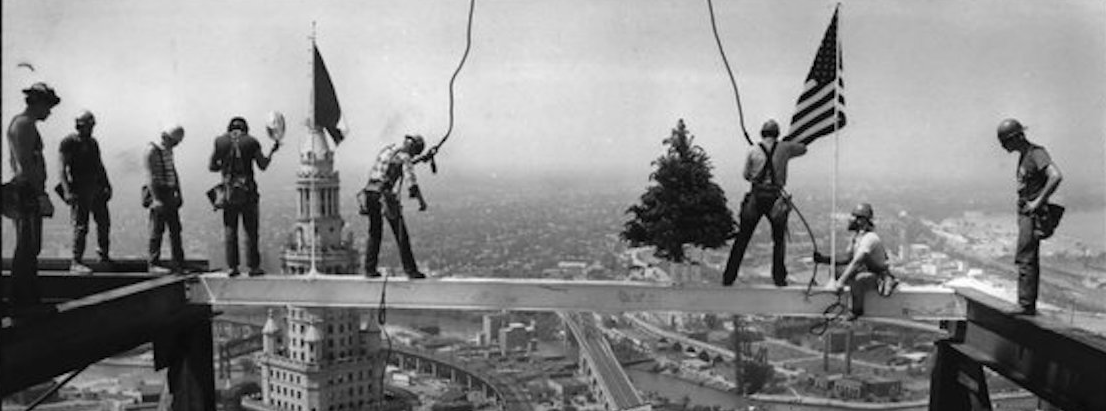From the Ohio Historical Society Journal
The Role of Women in the Settlement of the Western Reserve, 1796-1815
From the Ohio Historical Society Journal
Jeptha H. Wade and the Cleveland Cincinnati Telegraph Company
From the Ohio Historical Society Journal
Municipal Government in an Average City: Cleveland 1876-1900
From the Ohio Historical Society Journal
Cleveland’s Johnson at Home by Eugene C. Murdock
From the Ohio Historical Journal
Ethan Allen Brown And Ohio’s Canal System
From the Ohio Historical Society Journal
Politics and Pedagogy: The 1892 Cleveland School Reform
Black Insurgency in the Republican Party of Ohio, 1920-1932
From the Ohio Historical Society Journal
The 1912 Constitutional Convention in Ohio: The Call-up and Nonpartisan Selection of Delegates
From the Ohio Historical Society Journal
Cleveland’s New Stock Lawmakers and Progressive Reform
Article from the Ohio Historical Society Journal
